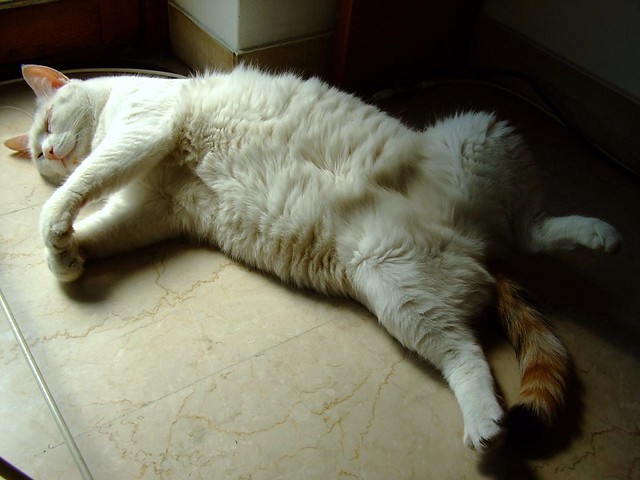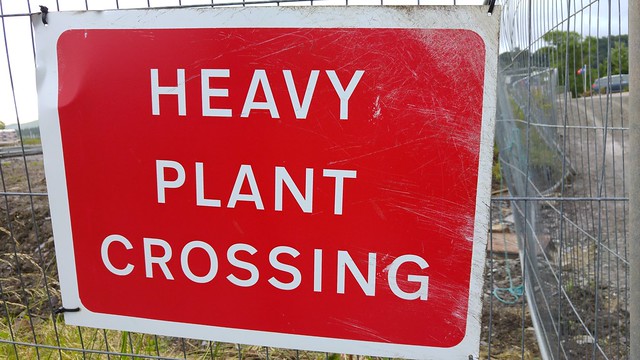Words for bones and related things in Celtic languages.
| Proto-Celtic | *knāmis = bone |
|---|---|
| Old Irish (Goídelc) | cnáim [knaːṽʲ] = bone |
| Irish (Gaeilge) | cnámh [knɑːvʲ / knaːvʲ] = bone; strip (in ploughing); submerged reef |
| Scottish Gaelic (Gàidhlig) | cnàimh [krɛ̃ːv] = bone; unploughed area |
| Manx (Gaelg) | craue [kreːw] = bone, whine, wild garlic, crow |
| Middle Welsh (Kymraec) | knaw [knau̯] = bone, skull |
| Welsh (Cymraeg) | cnaw [knau̯] = bone, skull |
Etymology: from Proto-Indo-European *kónh₂m (leg) [source]. Words from the same root include ham in English and κνήμη [ˈknimi] (shin, tibia) in Greek [source].
| Proto-Celtic | *astū = bone *astn(iy)o- = rib *astkornu = bone |
|---|---|
| Old Irish (Goídelc) | asna, esna = rib |
| Irish (Gaeilge) | easna [ˈɑsˠn̪ˠə] = rib, strake, timber easnach = costal, ribbed |
| Scottish Gaelic (Gàidhlig) | asna [asn̪ˠə] = rib aisean [aʃən] = rib |
| Manx (Gaelg) | asney [kreːw] = fin, nerve, rib, timber |
| Proto-Brythonic | *assī = rib |
| Middle Welsh (Kymraec) | eis / asseu / assen = rib |
| Welsh (Cymraeg) | asen = rib, breast, bosom; bar, spar, lath ais [ai̯s] = ribs, laths asennog = ribbed asgwrn = bone; mortal remains, corpse, skeleton; stone (of fruit) |
| Middle Cornish (Cernewec) | asow, asen = rib ascorn = bone asgornec = bony |
| Cornish (Kernewek) | asowen = rib askorn [‘askɔrn / ‘æskɐrn] = bone askornek = skinny |
| Breton (Brezhoneg) | askorn [ˈla.ɡat] = bone askornek = bony |
Etymology: from the Proto-Indo-European *h₃ésth₁ (bone) [source]. Words from the same root include ossify (to transform into bone) and ossuary (a container/building for holding bones) in English, asht (bone) in Albanian, os (bone) in Latin and its descendents in Romance languages, such as os (bone) in Catalan, French and Romanian, and hueso (bone) in Spanish [source].
Words marked with a * are reconstructions.
Sources: Wiktionary, Am Faclair Beag, Online Manx Dictionary, Teanglann.ie, eDIL – Electronic Dictionary of the Irish Language, In Dúil Bélrai English – Old Irish glossary, Geiriadur Prifysgol Cymru, Gerlyver Kernewek, Gerlyvyr Cernewec, Dictionaire Favereau, TermOfis, Le dictionnaire diachronique du breton, Geriafurch, English – ProtoCeltic WordList (PDF), Etymological Dictionary Of Proto Celtic












